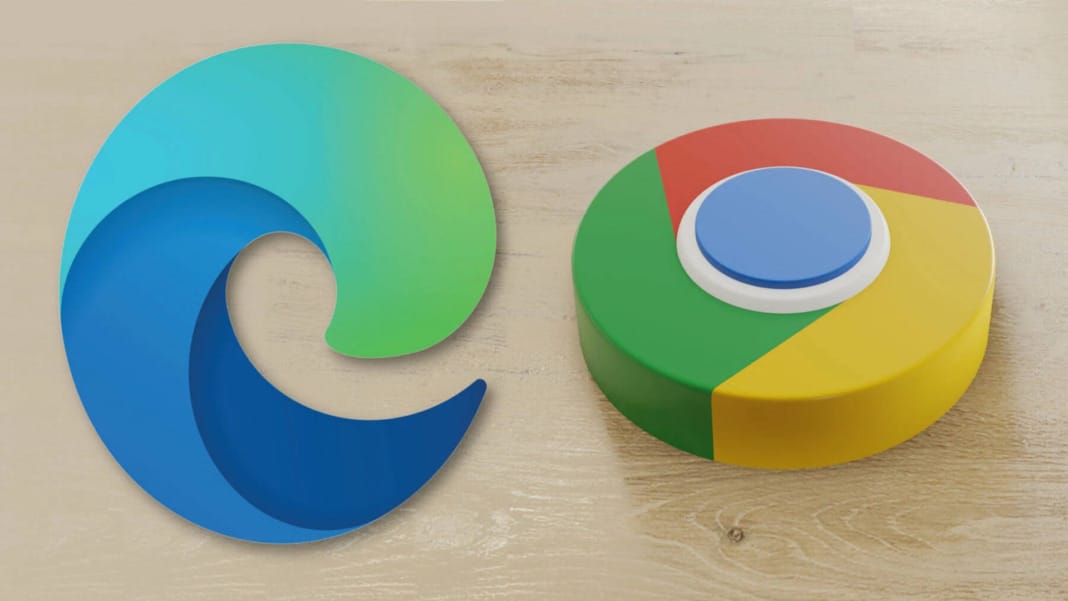Microsoft has recently addressed a peculiar issue in its Edge browser, where users discovered their Google Chrome tabs being imported without their permission. This fix, which follows a report by The Verge, has raised important questions about user privacy and software practices in the browser market.
Edge’s unexpected feature: a concern for users
Imagine your surprise when you open Microsoft Edge and find it displaying tabs from your Google Chrome browsing sessions, all without your consent. This scenario, initially reported by Tom Warren of The Verge, occurred after a system update, leading to the discovery of an Edge feature that enabled the automatic import of Chrome browsing data. Located at “edge://settings/profiles/importBrowsingData,” this feature was intended to import Chrome data each time Edge was opened, while Firefox data required manual importing. Alarmingly, this Chrome tab importation occurred for some users even when they had not enabled this feature.
Microsoft’s response amidst competition
In response to the emerging user concerns, Microsoft, initially silent on the issue, rolled out an update to Edge. According to the update notes dated February 15, the problem was identified as a syncing issue with the feature that imports browser data, which has now been rectified. This response came amidst known strategies by Microsoft to promote Edge, such as discouraging users from downloading Chrome or changing their default browser. The competitive nature of the browser market is evident in the market share data; Chrome is the leader with a 64.41% share, followed by Safari at 18.82%, with Edge trailing at 5.36%. Edge does slightly better in the US market, with a 9.31% share compared to Chrome’s dominant 49.06%.
Implications in the ongoing browser wars
This incident highlights the fierce competition in the browser market. Chrome benefits from integrating with popular Google services, while Microsoft Edge promotes its ecosystem, including Microsoft accounts and recent features like Copilot. The issue of Chrome tabs being imported into Edge appeared to align with Microsoft’s more assertive tactics to increase its browser’s market share. However, without additional details, how long Microsoft was aware of this issue and the time taken to address it remains unclear. Microsoft has clarified that such automatic tab importing is not a part of Edge’s intended user experience.
To sum up, Microsoft’s solution to the unauthorised import of Chrome tabs in Edge has resolved a key privacy concern, highlighting issues of user consent and competitive practices in the tech industry. With this problem addressed, Edge users can now enjoy a browsing experience free from the unsolicited appearance of their Chrome tabs.




